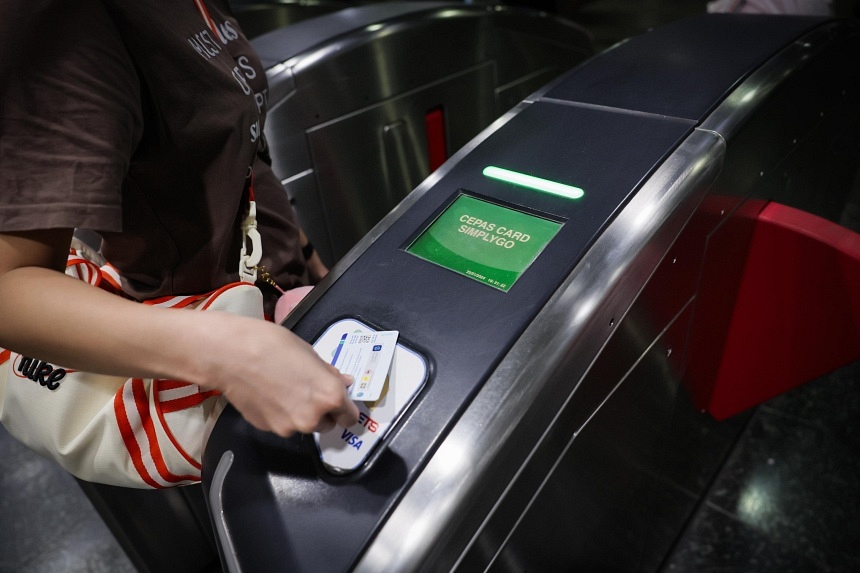SINGAPORE – Ms Uma Shangari is usually in a hurry to get to work on Tuesday, Wednesday and Thursday, which are “the busiest days in the office” for the resourcing coordinator at a multinational bank.
Her office has a hot-desking system, and “if you don’t come in by 9.30am, you don’t get a seat”, she said.
The 32-year-old travels to work by train, and she said her journey from Clementi MRT station to Raffles Place is quieter on Monday and Friday.
Her observations are backed by public transport ridership figures for January to August 2024, which show a daily average of around 8.1 million bus and train journeys made from Tuesday to Thursday – 1.5 per cent higher than the 7.98 million journeys on Monday and Friday.
Conversely, during the first eight months of 2019 before the Covid-19 pandemic hit, the daily average public transport ridership from Tuesday to Thursday was 8.3 million, lower than the 8.4 million on Monday and Friday, according to the latest ridership figures provided by the Land Transport Authority (LTA).
Additionally, the daily average ridership on Monday and Friday from January to August 2019 was even higher than the weekday average of 8.37 million from Monday to Friday in that period.
The daily average number of passengers using buses and trains during the morning peak hour on Friday is 87 per cent of that on Wednesday from January to August 2024, compared with 97 per cent for the same period in 2019, LTA said.
Human resources and business experts told The Straits Times that these ridership figures reflect the rise of hybrid work arrangements that many companies here have put in place.
Mr Raunak Bhandari, regional human resources business partner leader of Asia-Pacific at a technology firm, said many companies have embraced such hybrid work practices, recognising that giving employees flexibility to choose which days they return to the office based on their personal needs and team commitments, contributes to work-life balance.
Typically, employees prefer working remotely on Monday and Friday from the quiet of their homes, as they can plan tasks for the week ahead on Monday, in addition to wrapping up their work on Friday, he added.
Ms Uma, the resourcing coordinator, said she prefers to work from home on Monday and Friday, which she calls her “focus days”.
“Generally, there is less activity like face-to-face meetings (on those days), and meetings can be done via Microsoft Teams,” she said.
But she adds that if an important colleague is visiting the office, she makes plans to go in as well.
Ms Thilagamani Manoharan, a senior recruiter in the tech industry, added that she finds herself “more focused and productive” at home, while she frequently gets interrupted in the office.
While she does not have to go to the office at all, Ms Thilagamani, 32, said she “makes it a habit to go on Tuesday and Thursday, because there are leadership meetings on those days. I just want to have face-to-face conversations with leaders in the office”.

